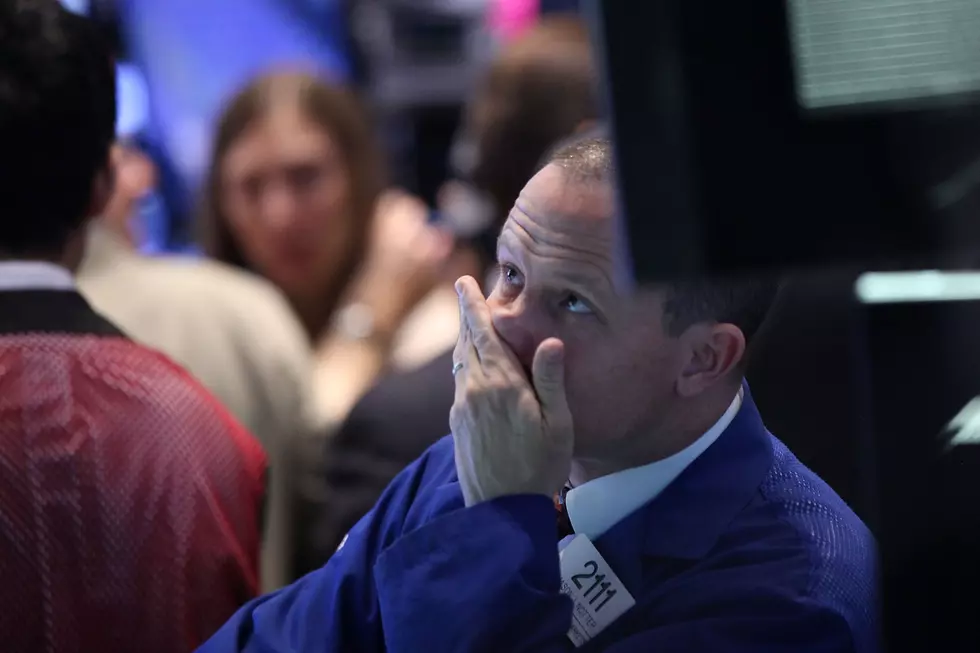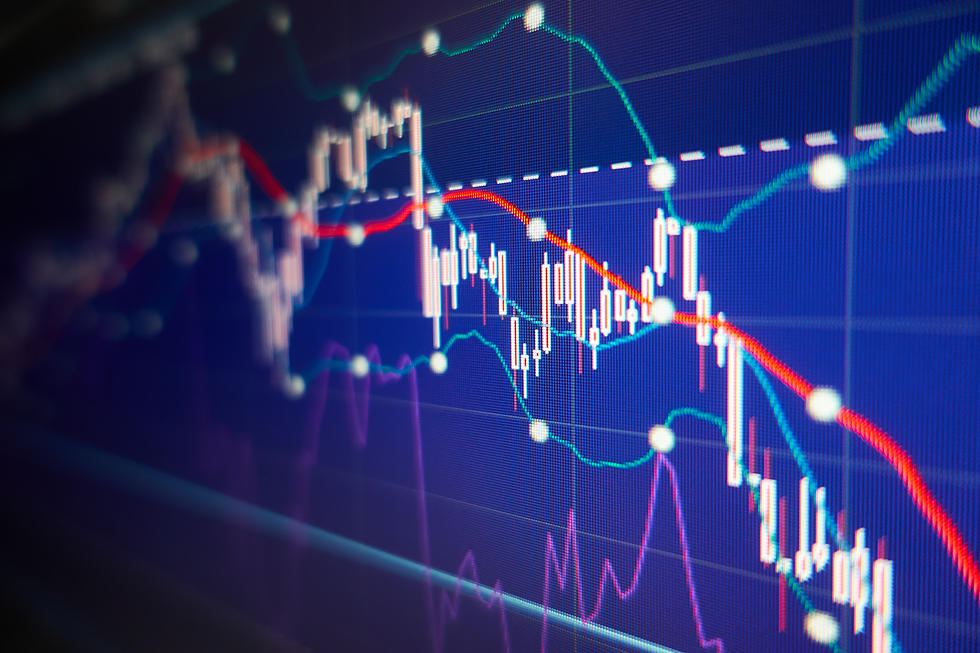
US stocks slip after Greek ‘no’ vote; European markets sink
NEW YORK (AP) -- Stocks in the U.S. slipped in midday trading Monday, while markets in Europe and Asia sank following a Greek vote that overwhelmingly rejected terms of the country's latest bailout package.
U.S. government bond prices rose as investors sought safe places to park money. Oil drillers and other energy companies fell as the price of oil dropped 5 percent.
The market declines were not as bad as many had feared, something analysts are crediting to the resignation of the Greek finance minister, which might help bailout talks resume. The International Monetary Fund has also pledged to help the country if asked.
In Sunday's referendum on creditor proposals, 61 percent of Greeks voted "no," a much higher proportion than anticipated. Many in the markets fear that the decision has pushed Greece one step closer to leaving the euro. Greece's banks may soon run out of money and the country could be forced to issue its own currency.
A so-called "Grexit" from the euro is considered to be one of the biggest risks facing the global economy.
The Dow Jones industrial average fell 28 points, or 0.2 percent, to 17,702 as of 12:27 p.m. Eastern time. The Standard & Poor's 500 index gave up three points, or 0.2 percent, to 2,073. The Nasdaq composite fell 11 points, or 0.2 percent, to 4,998.
The U.S. market is coming off its sharpest weekly decline in three months.
In Europe, Germany's DAX fell 1.5 percent while the CAC-40 in France fell 2 percent. The FTSE 100 index of leading British shares was 0.8 percent lower.
Russ Koesterich, chief strategist at giant money manager BlackRock, wrote in note to clients that he doesn't think the Greece crisis poses a "longer-term" threat to the global economy or financial markets.
But others aren't so sure.
Sung Won Sohn, an economist at California State University, said that he expects a Greek exit to push up the value of the dollar as investors scramble for safety, making U.S. exports more expensive. He also thinks the European economy will slow.
"Our economic growth will be slower, and in Europe, whose economy is the most important for the U.S., growth will slow," he said.
There was little evidence on Monday, however, that Greece's troubles might affect other eurozone countries immediately. Government borrowing rates for Italy and Spain rose only marginally.
Oil prices took a big hit. The benchmark U.S. contract tumbled $2.91 to $54.02 a barrel in New York.
Bond prices rose. The yield on the 10-year Treasury note fell to 2.32 percent from 2.39 percent late Thursday. U.S. markets were close Friday for Independence Day.
With Greek banks still shuttered and the European Central Bank under pressure to stop its emergency liquidity measures, Greece may not have long to secure a deal with creditors. A meeting of the eurozone's 19 leaders has been called for Tuesday.
Some hopes for progress in the talks grew Monday after Greek Finance Minister Yanis Varoufakis quit. His replacement, who has yet to be announced, may help unblock discussions with peers in the eurozone. Finance ministers also meet on Tuesday.
Over months of negotiations, Varoufakis' relations with his peers in the 19-country eurozone had deteriorated significantly.
"The fact that Varoufakis has resigned hints that the Greek government may at least be offering an olive branch given his reputation for using aggressive terms such as `water-boarding' to describe the creditors' actions," said Jane Foley, a senior currency analyst at Rabobank International.
The euro fell 0.4 percent to $1.1081. The dollar slipped 0.1 percent to 122.55 Japanese yen.
Earlier in Asia, China's benchmark index, the Shanghai Composite climbed 2.4 percent, rebounding from last week's heavy losses, after regulators and the securities industry intervened to prop up the market.
Elsewhere, Japan's Nikkei 225 stock index dropped 2.1 percent, while Hong Kong's Hang Seng sank 3.2 percent. South Korea's Kospi fell 2.4 percent.
Among U.S. stocks making big moves, Aetna sank $7.53 to $117.98, a 6 percent loss. That was the biggest slide in the S&P 500. The company agreed last week to buy rival health insurer Humana for $35 billion. Humana rose $4.74, or 2.6 percent, $192.24
In economic news, U.S. service firms grew at a slightly faster pace in June, as business activity and new orders increased. The Institute for Supply Management said its services index edged up to 56 in June from 55.7 in May. Any reading over 50 indicates that services firms are expanding.
(Copyright 2015 The Associated Press. All rights reserved. This material may not be published, broadcast, rewritten or redistributed.)
More From New Jersey 101.5 FM









